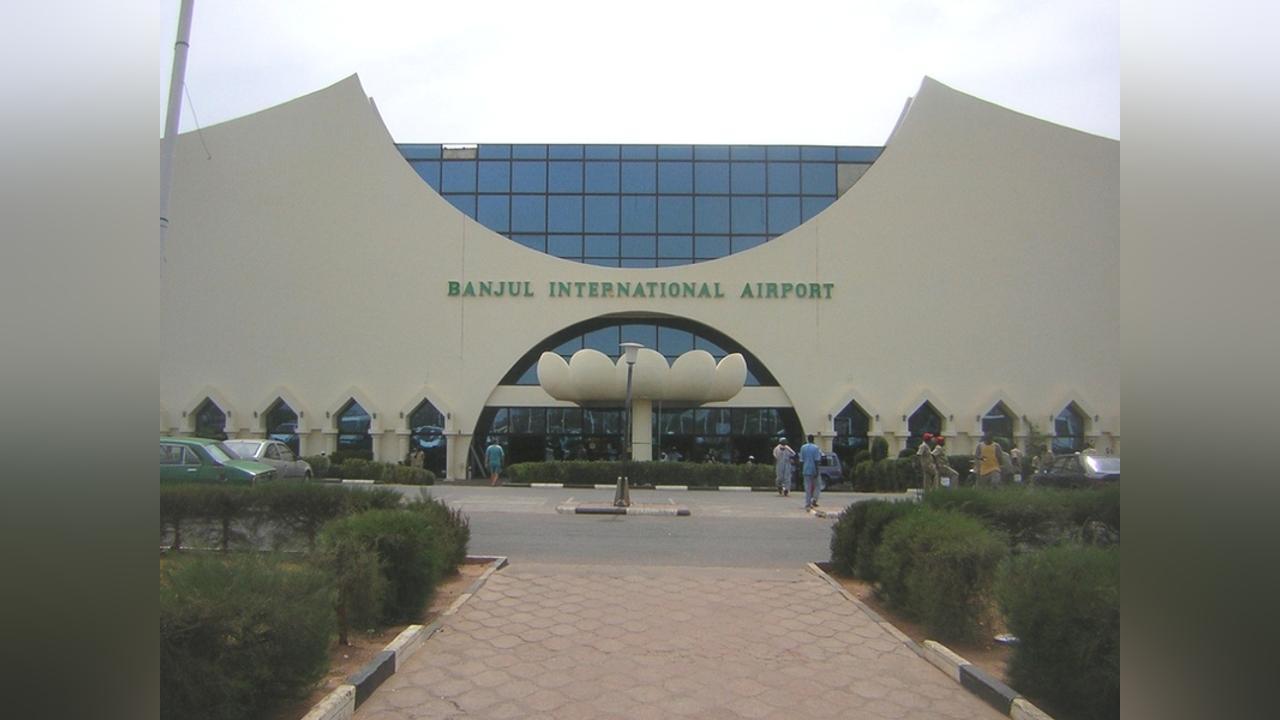Africa-Press – Gambia. Belavia, the national airline of Belarus, managed to obtain three large Airbus A330-200 airplanes despite strict Western restrictions that prohibit selling aircraft and parts to Belarus. These jets are about 20 years old and were once operated by Emirates, one of the world’s biggest airlines. After serving with Emirates, the planes were sold to a Turkish airline company called Onur Air. Unfortunately, Onur Air later went bankrupt, and these planes became part of its bankruptcy estate.
About five years ago, the aircrafts were bought by a company called Magic Air. This airline is officially based in The Gambia, a small country in West Africa. Magic Air is owned by a businessman with connections across several countries, but the company never actually operated the planes for passenger flights. Instead, Magic Air acted more like a middleman or shell company—a legal front to make it look like the planes were changing hands legitimately.
In August 2024, the Gambian Civil Aviation Authority said that these planes were sold to an unnamed buyer in the United Arab Emirates (UAE). This announcement made the deal appear legitimate and above board. However, instead of flying the planes to the Middle East, they were secretly flown directly to Minsk, the capital city of Belarus.
Once in Belarus, the planes were re-registered under the Belarusian flag, and they are now planned to become part of Belavia’s fleet expansion for long-haul flights. Two of these aircraft are expected to enter service by the end of this year, and the third will join in 2026.
This complicated and secretive journey shows how Belarusian airlines go to great lengths to acquire planes, despite heavy sanctions and restrictions. It also reveals the role that small countries with less strict rules can play in such schemes.
How sanctions were circumvented
Belarus has been under heavy sanctions from the United States, European Union, and other Western countries, especially following the Russian invasion of Ukraine. These sanctions are designed to isolate Belarus economically and restrict its access to important goods, including aircraft and airplane parts. As a result, many European leasing companies moved to take back their planes from Belavia in 2021. This action cut Belavia’s fleet size by about half.
Before these sanctions, Belavia operated a mix of large and small aircraft. After losing many jets, the airline was left mainly with smaller planes like Boeing 737s and Embraer jets. These smaller planes are designed for short and medium-distance flights and are not suitable for long-range routes. Without bigger planes, Belavia struggled to maintain or expand flights to distant destinations like Russia and China. These two countries remain some of the few that still allow Belarusian flights, making them especially important markets for the airline.
The key to Belavia’s ability to get the Airbus A330s lay in Magic Air, the Gambian company. Gambia is not part of the Western sanctions and has no obligation to enforce them. This allowed Magic Air to purchase the jets legally under Gambian law. Because Magic Air never used the planes commercially and only served as a transfer point, it helped mask the final destination.
Adding to the disguise, the official paperwork claimed the planes were sold to a buyer in the UAE, a country not under the same sanctions. This false paperwork helped make the sale look normal to outside observers. But in truth, the aircraft were flown straight to Belarus, bypassing the normal rules and controls designed to prevent such transfers.
This case shows how complex and difficult it is to enforce international sanctions. When multiple countries and companies are involved, and some have weaker regulations, it becomes easy for sanctioned countries to exploit legal loopholes and continue their operations.
For More News And Analysis About Gambia Follow Africa-Press






